1. Here are some of the best protein-rich foods to include in your diet:
Eggs: One large egg contains six grams of protein, making them an excellent source of this nutrient. Eggs are also a good source of omega-3 fatty acids, which are beneficial for heart health.
Fish: Fish is a lean source of protein that is also rich in omega-3 fatty acids. Salmon, tuna, and other fatty fish are especially good sources of this nutrient.
Chicken: Chicken is a lean source of protein that is low in saturated fat. It is also a good source of niacin, vitamin B6, and phosphorus.
Beans: Beans are an excellent source of protein, fiber, and other nutrients. They are also low in fat and calories. Some good options include black beans, lentils, and kidney beans.
Nuts: Nuts are a good source of protein, fiber, and healthy fats. Almonds, walnuts, and peanuts are all great choices. Just be sure to eat them in moderation because they are high in calories.
Seeds: Seeds are another good source of protein, fiber, and healthy fats. Pumpkin seeds, sunflower seeds, and chia seeds are all excellent options.
Greek Yogurt: Greek yogurt is a type of yogurt that is strained to remove the whey, resulting in a thicker and creamier product. It is also higher in protein than regular yogurt. Choose yogurts that are low in sugar and fat for the healthiest option.
Cottage Cheese: Cottage cheese is a type of cheese that is high in protein and low in fat. It is also a good source of calcium, phosphorus, and vitamin B12.
Quinoa: Quinoa is a grain that is actually classified as a seed. It is high in protein, fiber, and other nutrients. Quinoa can be cooked and eaten like rice or used in salads and other dishes.
Tempeh: Tempeh is a fermented soy product that is high in protein and fiber. It is also a good source of vitamins B6 and B12, magnesium, and zinc.
Hemp Seeds: Hemp seeds are the edible seeds of the hemp plant. They are high in protein, omega-3 fatty acids, and other nutrients. Hemp seeds can be eaten whole, used to make hemp milk, or added to other dishes.
Protein is an important nutrient that our bodies need for various functions. Including protein-rich foods in your diet is a great way to make sure you're getting enough of this nutrient. Choose from the options above to make sure you're getting all the protein you need.
2. There are many different types of protein-rich foods:
- Meats, poultry, fish, beans, legumes, nuts, seeds, and dairy products.
- Each of these food groups contains different types of proteins that offer different benefits.
- Animal-based proteins are typically complete proteins, meaning they contain all of the essential amino acids our bodies need.
- Plant-based proteins are usually incomplete proteins, but they can still be a valuable part of a healthy diet.
When choosing protein-rich foods, it's important to consider their nutrient density. This means that they contain a large amount of nutrients (vitamins, minerals, antioxidants, etc.) in relation to their calorie content. For example, meats and poultry are typically nutrient dense, while processed meats (such as sausages and hot dogs) are not. Beans and legumes are also generally very nutrient dense, but some varieties (such as soybeans and lentils) are more so than others.
In general, the best way to get all of the nutrients our bodies need is to eat a variety of nutrient-dense foods from all food groups. However, including protein-rich foods in our diets is a great way to make sure we're getting enough of this essential nutrient.
When it comes to staying energetic and fit, protein-rich foods are an important part of the equation. That's because protein provides our bodies with the building blocks they need to create new muscle tissue. Muscle tissue is what helps us burn calories and stay strong, so it's important to include protein in our diets if we want to stay energetic and fit.
There are a few different ways to make sure we're getting enough protein. We can eat protein-rich foods like meats, poultry, fish, beans, legumes, nuts, seeds, and dairy products. Or we can take protein supplements in the form of powders or bars. Protein supplements can be a convenient way to get the protein our bodies need, but it's important to choose products that are high quality and free of additives.
No matter how we get it, protein is an important part of staying energetic and fit. So make sure to include plenty of protein-rich foods in your diet!
3. Benefits of Eating Protein Rich Foods for Weight Management:
In addition to being quick and simple to prepare, protein shakes can help you with your weight loss efforts in a variety of ways. Here are a few possible advantages of protein shakes.
Appetite and Fullness:
Being highly satiating, protein makes you feel fuller for longer and curbs your appetite. A protein shake might make you feel fuller longer than non-protein-containing meals.
It has been demonstrated that eating less calories is aided by feeling full. Additionally, it can make it less tempting to graze between meals on less nourishing items.
Muscle Building and Metabolism:
Protein aids in muscle growth and repair. 7 Additionally, it aids in keeping muscle that might be lost during a diet. Your metabolism may also rise if you eat more protein. This rise happens in part because muscle is a metabolically active tissue, but it may also be influenced by the thermic action of meals.
Protein requires more energy to digest than fats or carbs, which results in an increase in calorie expenditure just from processing it. 8 Although it has a minimal impact on your overall calorie expenditure, this effect does have an impact on the balance of calories in your body and how you burn them.
Calorie Reduction:
Because protein is filling, consuming it may result in a reduction of overall caloric intake. If you are focusing on calorie-balanced protein shakes you may find that adding shakes can result in overall reduced calorie intake throughout the day. Many times this translates into weight loss.
Check out Complete Meyer Cookware Range here


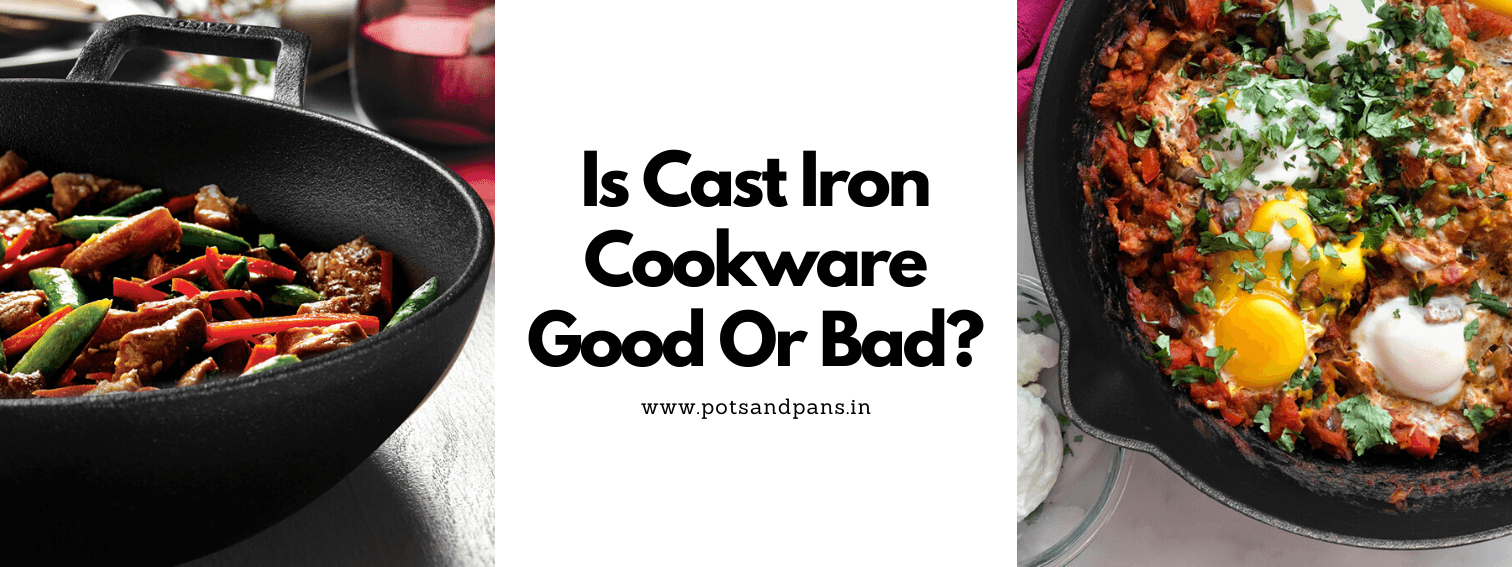
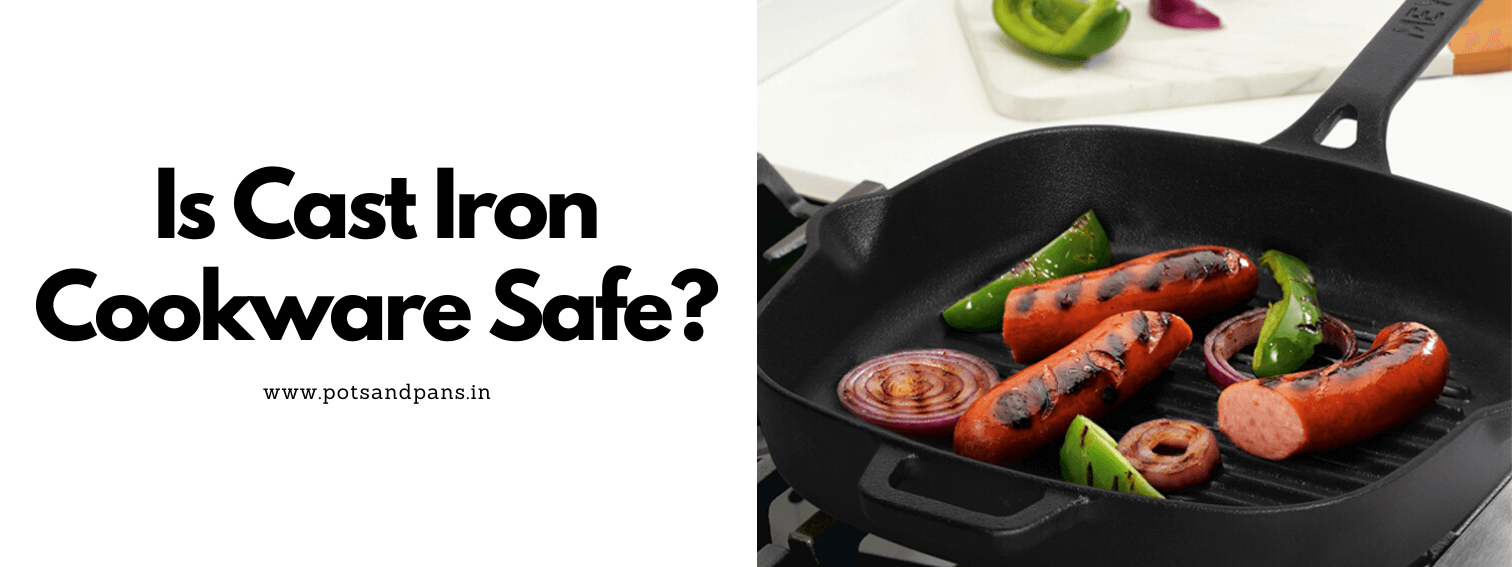
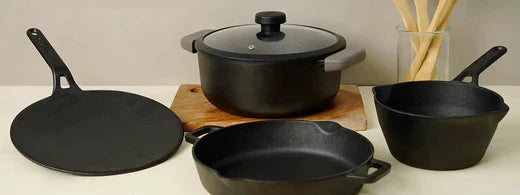

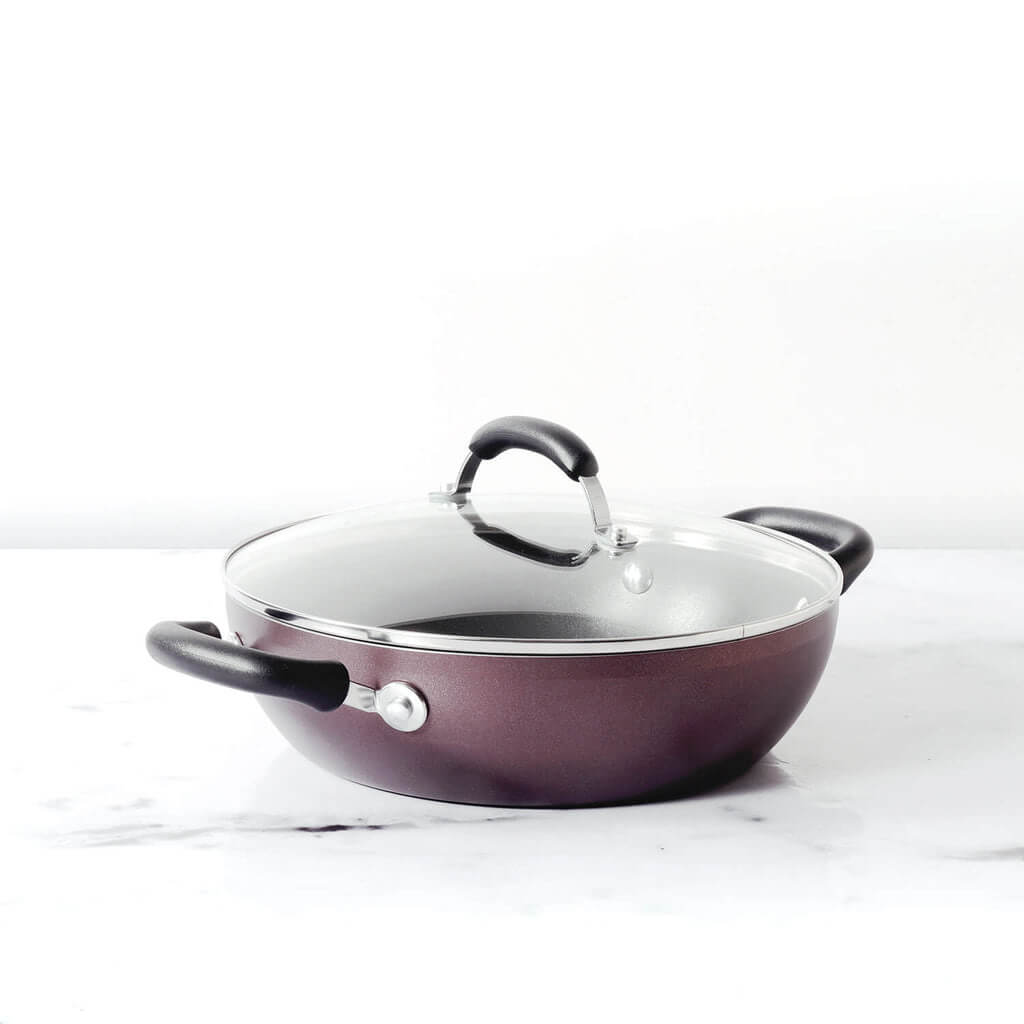
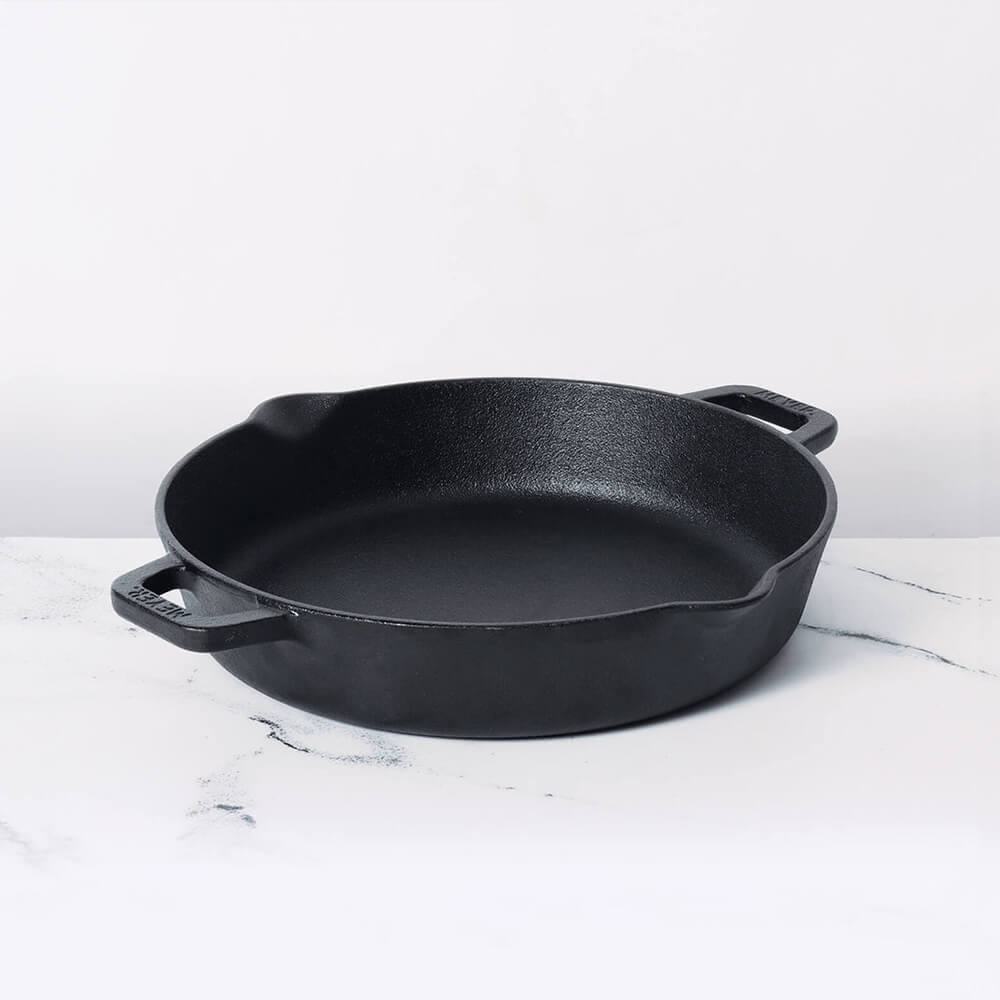




Leave a comment